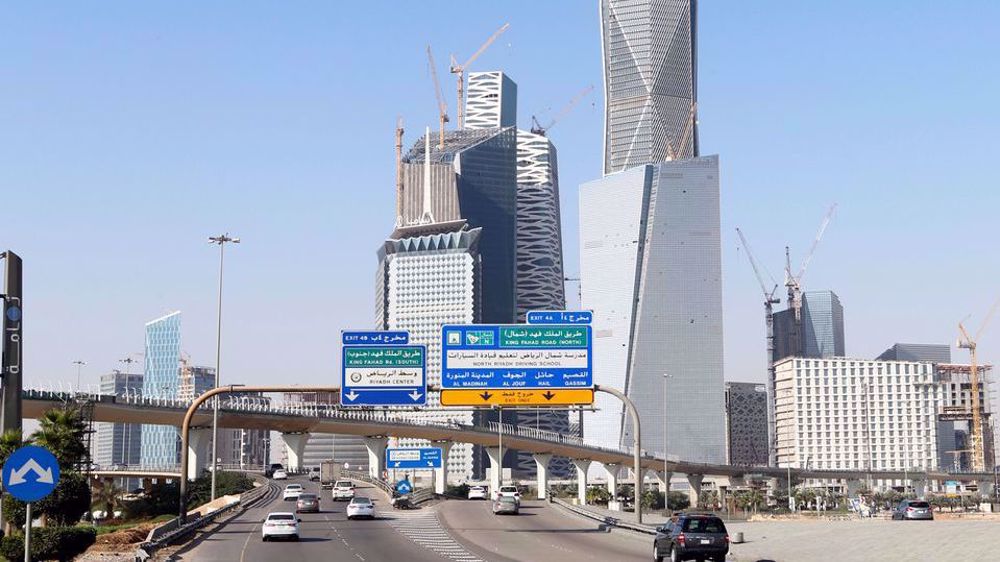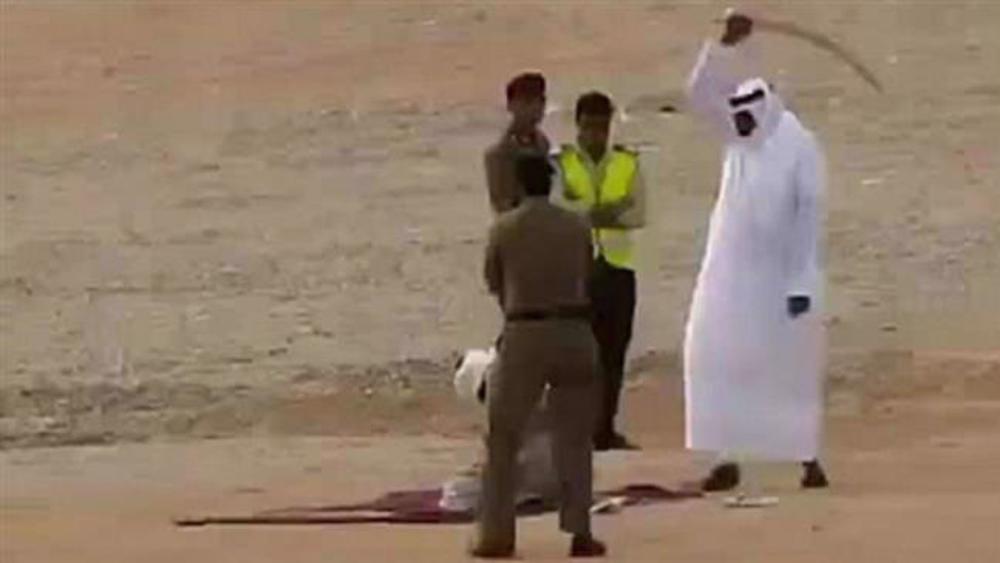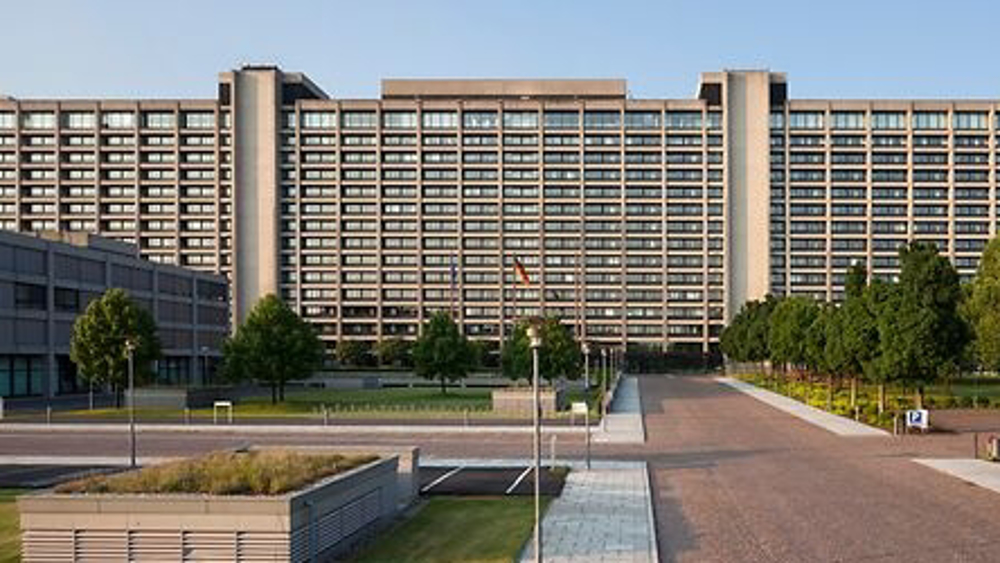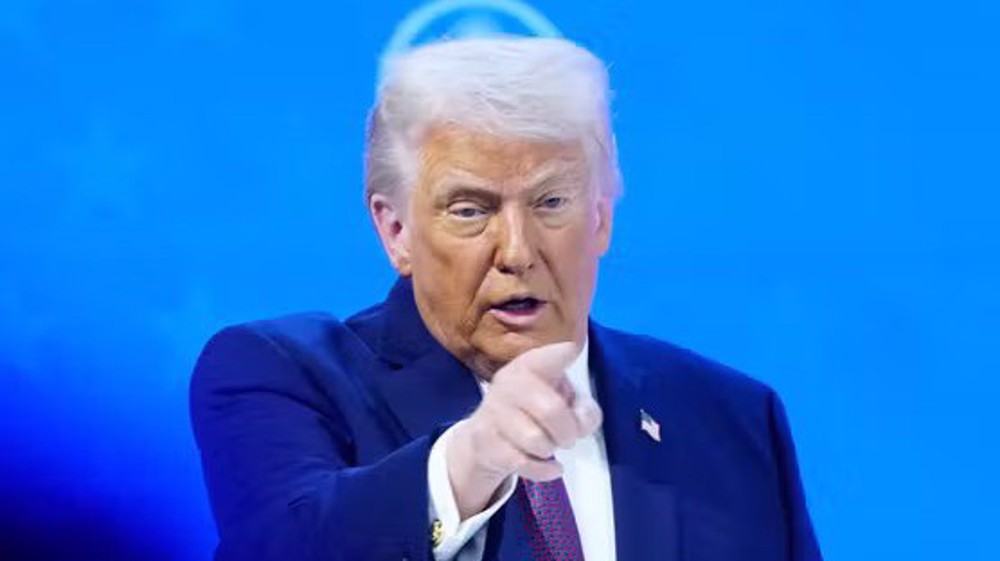US businesses sour on Saudi Arabia in blow to crown prince’s growth plans: WSJ
American companies are scaling back their operations in Saudi Arabia as business environment has become more hostile in the country, according to a report by The Wall Street Journal.
General Electric Co., Uber Technologies Inc. and other firms were hit by surprise tax assessments which often total tens of millions of dollars, the report said, adding, construction company Bechtel Corp. sent some contractors home while it attempted to collect on over $1 billion in unpaid bills.
Meanwhile, Bristol-Myers Squibb Co. BMY 0.51% , Gilead Sciences Inc. GILD -0.15% and other drugmakers have complained unsuccessfully for years that their intellectual property was being stolen, noted the report.
That has led to foreign investment in Saudi Arabia remaining stubbornly low with some companies scaling back their operations or delaying promised expansion plans.
The situation deals a blow to Crown Prince Mohammed bin Salman, the country’s de facto leader, who promised in 2016 to build new industries unrelated to oil amid the country’s urgent need to reduce its dependence on oil as the global economy moves away from fossil fuels.
The crown prince promised to improve the business climate and create a global hub for innovation and in October, he pursued his investment agenda at the Future Investment Initiative conference in Riyadh.

However, direct foreign investment into the country totaled $5.4 billion in 2020, less than half the level of a decade ago and well below the $19 billion that the kingdom had targeted.
It was going to top $6 billion in 2021 based on data through the third quarter. That excludes the sale of a stake worth $12.4 billion in a Saudi pipeline firm to foreign investors.
One reason why the figure has stayed low is planned projects that fell through, according to the WSJ's report.
Apple Inc.’s plans to open a flagship store in central Riyadh several years ago have failed. Triple Five Group, the developer of the Mall of America, decided not to proceed with its plan to build a multibillion-dollar complex. And movie-theater company AMC Entertainment Holdings is relinquishing greater control to its Saudi government partner as it falls behind local rivals.
Although businesses are attracted to Saudi Arabia’s potential, “economic practicalities are still being hammered out,” said Robert Mogielnicki, resident scholar at the Persian Gulf States Institute think tank in Washington, D.C.
For long, it has been difficult to do business in Saudi Arabia, with a sluggish bureaucracy, outmoded legal system and poor human-rights record.
Prince Mohammed sought to change that, pledging big reforms, holding lavish investment conferences in Riyadh and hobnobbing with Silicon Valley executives.
His agenda, however, stumbled in 2018 when men working for him killed journalist Jamal Khashoggi. That scuppered big deals including with Amazon.com Inc., Richard Branson’s space tourism venture and Hollywood superagent Ari Emanuel.
Also, he could not change many of the old deterrents to investment, and, instead, the country added new ones.
Riyadh tried to resolve the issue of a cash crunch by imposing retroactive taxes on dozens of large foreign firms.
During the past year-and-a-half, companies including Uber, its regional subsidiary Careem, and GE have faced huge tax liabilities and sometimes extra fines when their appeals were rejected.
The US State Department late last year appealed in vain to the Saudi government for relief.
The kingdom further angered foreign firms when it ordered them to move their regional headquarters to Riyadh from Dubai or lose government contracts. They were also forced to employ more Saudis.
Additionally, a requirement to improve local content in their products made some goods uncompetitive in comparison with imports.
Furthermore, physical safety has become another concern for investors. Although the majority of the people apprehended in Prince Mohammed’s crackdowns on criticism or alleged corruption have been Saudis, some have been foreigners.
One foreign businessman said he was detained and tortured after he had said publicly that some business laws were unfair.
Another, an American, recently authorized the US State Department to reveal relevant information to the media should the person be detained in Saudi Arabia.
A second American, who sought to expand his Ohio-based nursing-home operation, was arrested on arrival last year. He was detained in a cramped airport holding cell for three days and then deported without explanation.
Meanwhile, some companies which have worked in Saudi Arabia for decades have downsized their presence amid disputes over payment from government clients.
Contractors on Riyadh’s new subway system, including Bechtel, sent some staff home last year over a more than $1 billion payment dispute.
Northrop Grumman Corp., which has sold military equipment worth billions of dollars to Saudi Arabia, reduced its activity nearly two years ago after the military did not pay for products it provided.
Anti-Iran ‘Munich circus’ shows Europe has lost geopolitical weight: Araghchi
Swiss to act as venue of next round of Iran-US talks: Report
Report: Over 50,000 soldiers fighting in Israeli military hold foreign citizenship
Danish PM warns US attack on Greenland would spell end of NATO
Power running out at key Gaza hospital, ICU patients at risk: Report
VIDEO | Press TV's news headlines
‘Speaking truth is her crime’: Netizens rip into European allies of Israel for targeting Albanese
Russia reaffirms support for Iran’s sovereignty amid rising US threats











 This makes it easy to access the Press TV website
This makes it easy to access the Press TV website